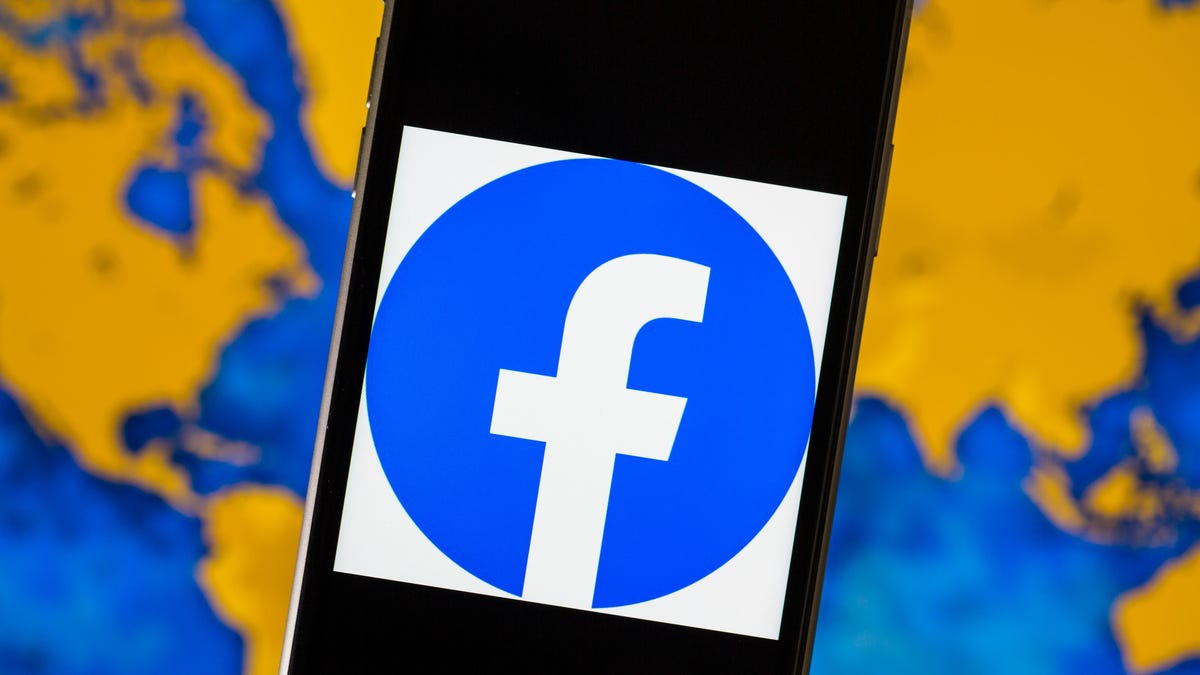Facebook shines spotlight on groups at virtual coronavirus event
The social network wants to show it's a force for good, but coronavirus misinformation is still a problem.

Facebook groups is one way people are staying connected during the coronavirus pandemic.
Facebook executives on Tuesday highlighted how groups have helped users come together during the coronavirus pandemic, allowing people to organize grocery deliveries, share parenting tips and support struggling small-business owners.
"Even if not organizing directly around coronavirus yourself, your groups have provided an escape for people or a sounding board for people who need support and comfort during this time," said Facebook CEO Mark Zuckerberg at a virtual three-day event titled Community Connect: Navigating COVID-19.
Facebook CEO Mark Zuckerberg delivered remarks from his home.
A Facebook spokesman said that more than 65,000 people RSVP'd to the virtual event, making it the largest digital event the company has held for group administrators. Only 539 people were tuning in while Zuckerberg was delivering remarks, though viewership did start to rise to over 1,000 as the event continued. The viewership highlights a possible challenge as the company shifts to digital events. The company isn't holding any in-person events with 50 or more people through June 2021. Facebook said that the coronavirus event will end on April 23 and it's being delivered in multiple time zones and seven languages so not all participants are tuning in to the first session. Users can also view the videos on their own time instead of a live broadcast.
A Facebook group is a place where people who share common interests gather to chat. More people are relying on social networks to communicate because they're required to stay at home to slow the spread of COVID-19, the respiratory illness caused by the coronavirus.
Zuckerberg thanked group administrators in his brief remarks, but didn't address the misinformation that's been circulating in these online spaces. Conspiracy theories and hoaxes still thrive in Facebook groups, including false claims that the coronavirus is caused by 5G, even though the social network is cracking down on harmful misinformation, according to an analysis by NBC. The New York Times also found that there were 487 Facebook communities pushing the 5G conspiracy theory, which government officials believe is linked to cell tower fires.
Fidji Simo, who oversees Facebook's app, said that the social network is showing an educational pop-up within groups that directs people to trustworthy sources such as the World Health Organization. Simo mostly focused on groups being used as a force for good during the coronavirus pandemic. She cited a parenting during quarantine group and one where more than 100,000 doctors gather to share information and resources for combating the coronavirus. The company also plans to host monthly workshops that highlight best practices.
"It is our top priority to build products that can help everyone right now," she said. "Whether it is helping make sure you see the latest accurate information from credible health organizations, to helping to provide economic opportunity and stability to businesses who are struggling, to helping facilitate the growth of online communities at the local and global level."
More than 4.5 million people in the US joined COVID-19 support groups on Facebook. More than 3 million people have joined these groups in Italy and more than 2 million people have done so in the UK.
Outside of Facebook groups, the company has also been directing people to the coronavirus information center for more credible information. On Tuesday, Facebook also opened up applications for the $100 million in grants and ad credits it plans to provide to US small businesses. The company outlines how to apply on its website.

